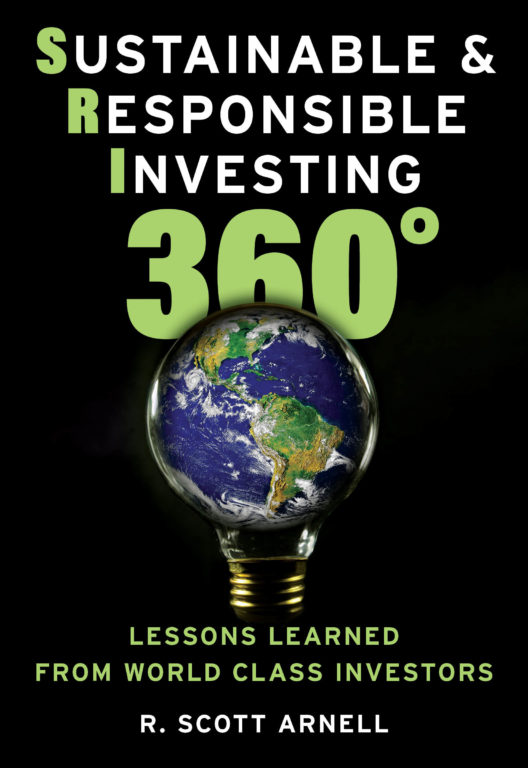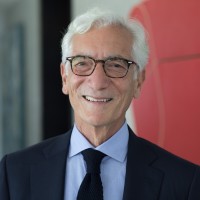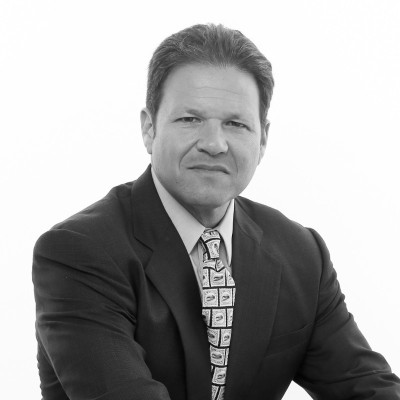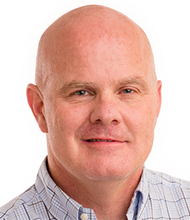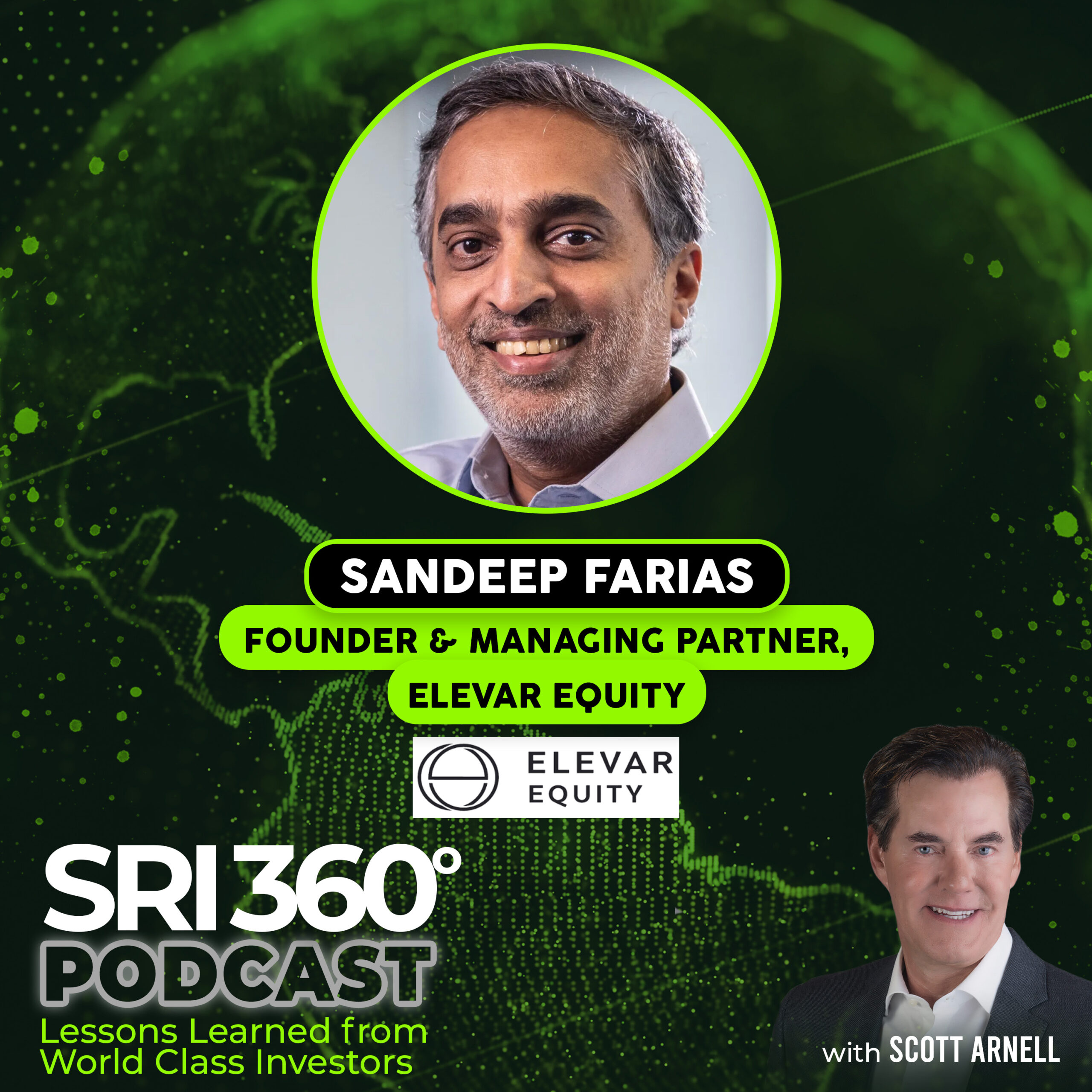
“At Elevar Equity, we aim to operate in the space where there’s no trade-off between financial returns and social impact – there must be alignment to ensure value is delivered on both sides. While some investors prioritize ‘finance first’ and others ‘impact first,’ our philosophy is simple: if we’re generating returns, we’re also creating impact, and vice versa. ”
— Sandeep Farias
In this episode, I speak with Sandeep Farias, founder and managing partner of Elevar Equity. If I wanted to describe Sandeep in one sentence, I’d probably say he’s a nomadic child of India’s landscapes who became an impact investing titan.
His early life was shaped by his father’s multiple assignments in the State Bank of India. From spending time in the mountains of Mount Abu to the chaos of Bangalore, he found a unique perspective on adaptability and resilience. These qualities later became cornerstones of his professional life.
In our conversation, Sandeep openly talks about the beginnings of his career, where he went from fixing bicycles to working in a garment factory. These early hands-on experiences, together with his academic journey in law, uniquely prepared him for a not-so-conventional path.
Sandeep graduated from the prestigious National Law School of India University in Bangalore and started a legal career with stints at top Indian law firms such as Amarchand & Mangaldas & Suresh A Shroff & Co. His rapid ascent in the legal world led him to Nishith Desai Associates, where he not only headed the development sector practice but also led the corporate law practice – a pretty meteoric rise for someone just four years out of law school. This position smoothly transitioned him into impact investing.
During the 2008 financial crisis, Sandeep took a monumental leap, leaving behind a promising legal career to start Elevar Equity with a clear-cut mission: to drive change and profits by investing in communities often ignored by traditional finance.
Unlike many in the space, Elevar focuses not on the bottom of the pyramid but on a segment that has progressed economically yet remains underserved. This strategic pivot places Elevar in a league distinct from microfinance entities like BlueOrchard and ResponsAbility (featured in previous episodes of the podcast). Elevar is not debt-focused. Instead, it opts to provide equity to these emerging communities.
Sandeep viewed this innovative approach as an opportunity to demonstrate that redefined impact investing could be both profitable and profoundly transformative. Over the past 15 years, Elevar has expanded beyond microfinance into broader financial services, education, and healthcare, scaled over 50 companies, and supported more than 50 million ‘entrepreneurial households’.
Tune in to hear how Elevar’s targeted focus on underbanked yet economically progressing communities has reshaped impact investing, distinguishing its approach from both mainstream venture capital and typical microfinance institutions.
Listen to the episode on Apple Podcasts, Spotify, Overcast, Podcast Addict, Pocket Casts, Castbox, YouTube Music, Amazon Music, or on your favorite podcast platform. You can watch the interview on YouTube here.
What was your favorite quote or lesson from this episode? Please let me know in the comments.
SCROLL BELOW FOR LINKS AND SHOW NOTES…
ADDITIONAL RESOURCES:
- Connect with Sandeep: LinkedIn
- Elevar Equity website
- Elevar Equity on LinkedIn
- Blue Orchard
- ResponsAbility
SHOW NOTES:
[00:00] Introduction
[03:25] Sandeep’s nomadic upbringing
[14:44] Career path and transition to impact investing
[26:26] Founding of Elevar Equity
[41:25] The concept of entrepreneurial households
[45:02] The Elevar Method: Investment approach and process
[51:42] The importance of field immersion for investment strategy
[01:01:34] Driving customer-centric impact through innovation
[01:10:49] Challenges in measuring impact
[01:13:45] Scaling the Elevar Method
[01:21:27] Rapid fire questions
MORE SANDEEP FARIAS QUOTES FROM THE INTERVIEW:
“Entrepreneurial households operate with multiple sources of income – whether it’s a father with a job, a mother running a small business, or a sibling working in the city. This economic activity creates remarkable resilience, allowing them to adapt and thrive even in challenging circumstances. They embody all the qualities of entrepreneurship: risk-taking, adaptability, and resourcefulness, but as a family unit, not just individuals. ”
— Sandeep Farias
“What was a microfinance customer twenty years ago is no longer a microfinance customer today. These households have progressed, and to assume they remain static would suggest that the impact journey hasn’t been as strong as it should be. ”
— Sandeep Farias



